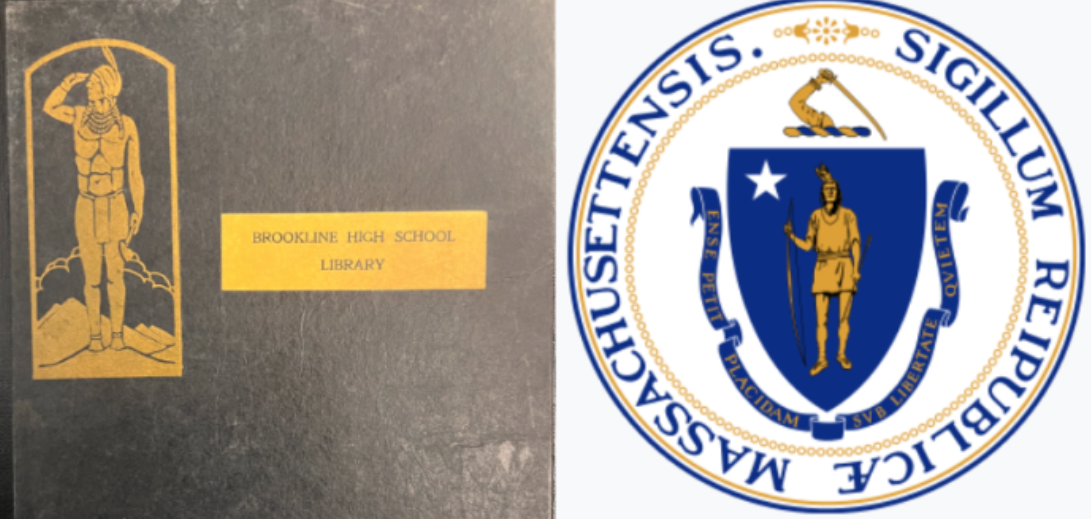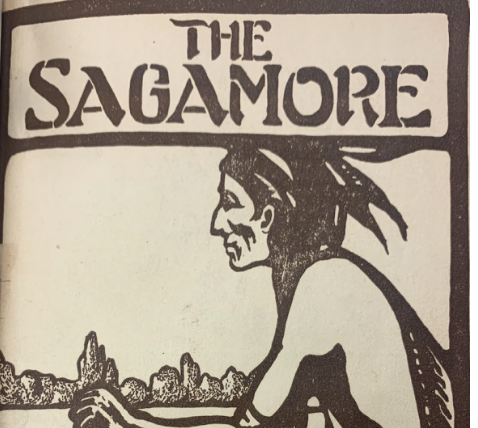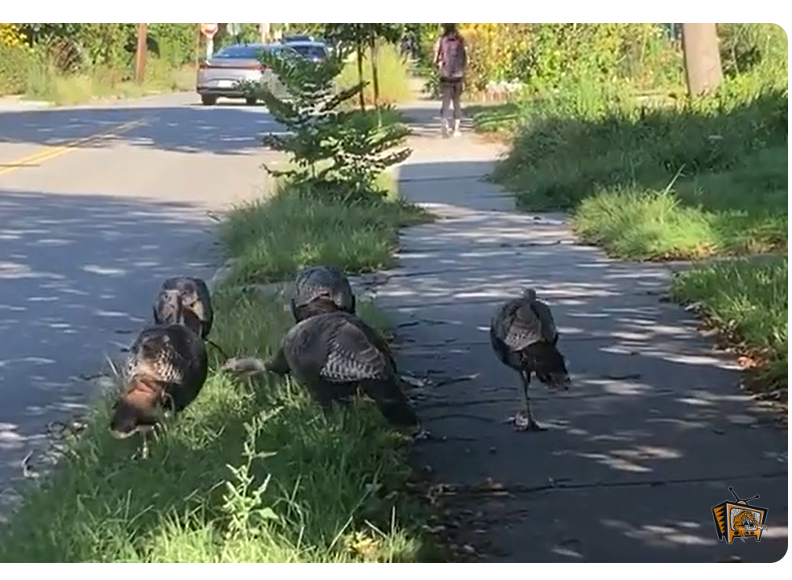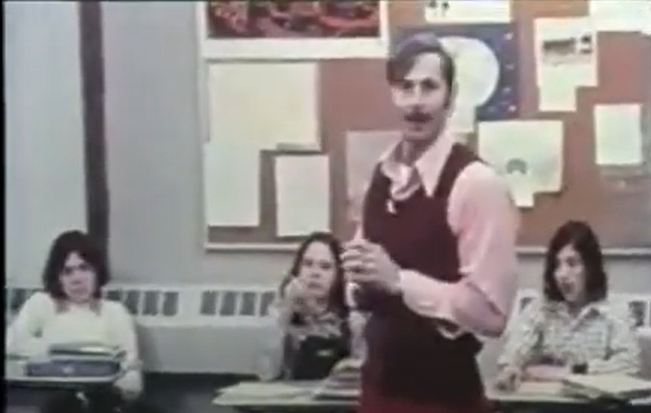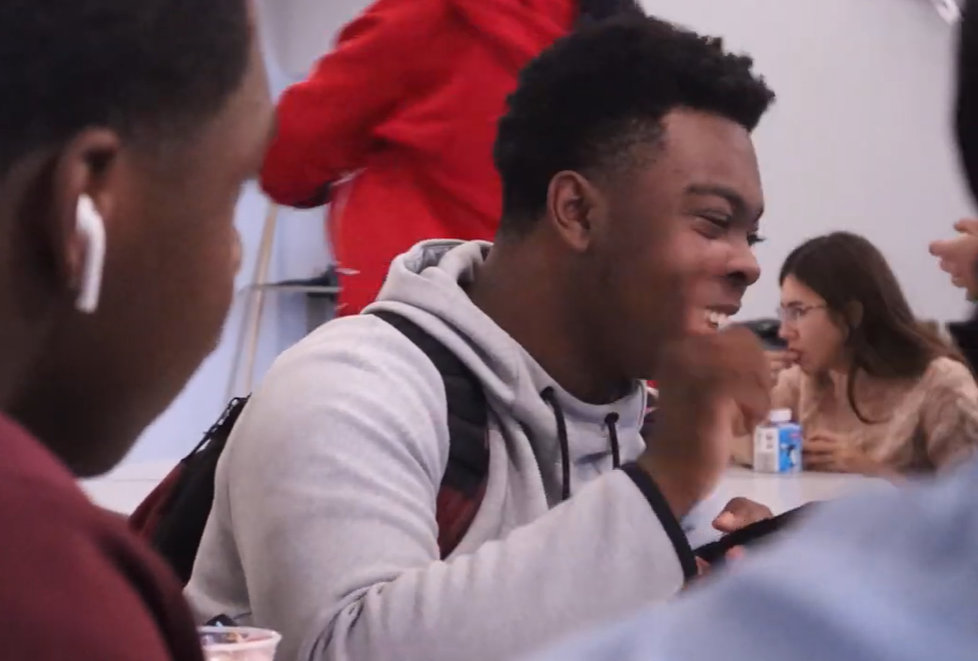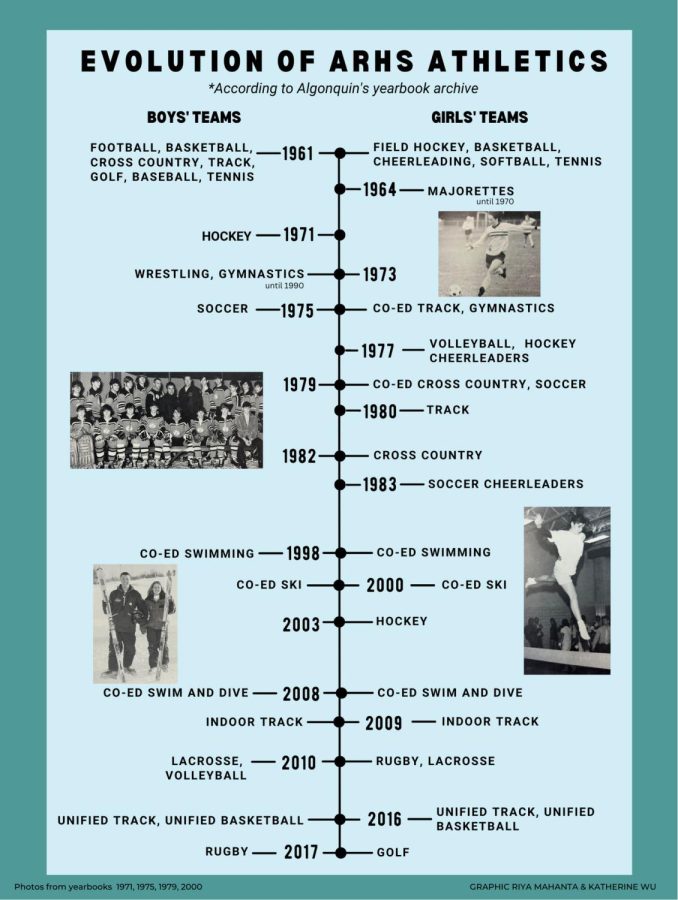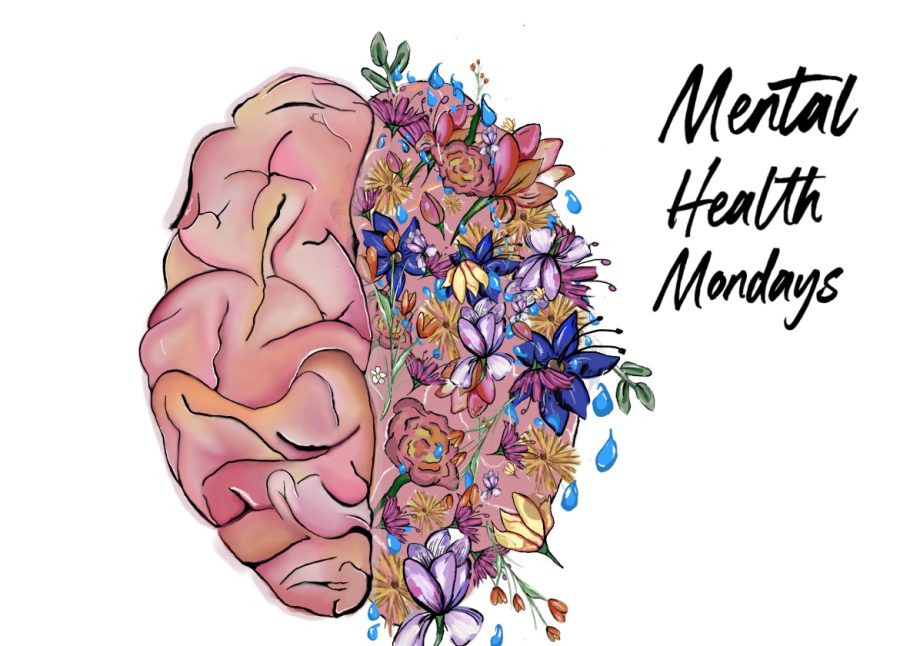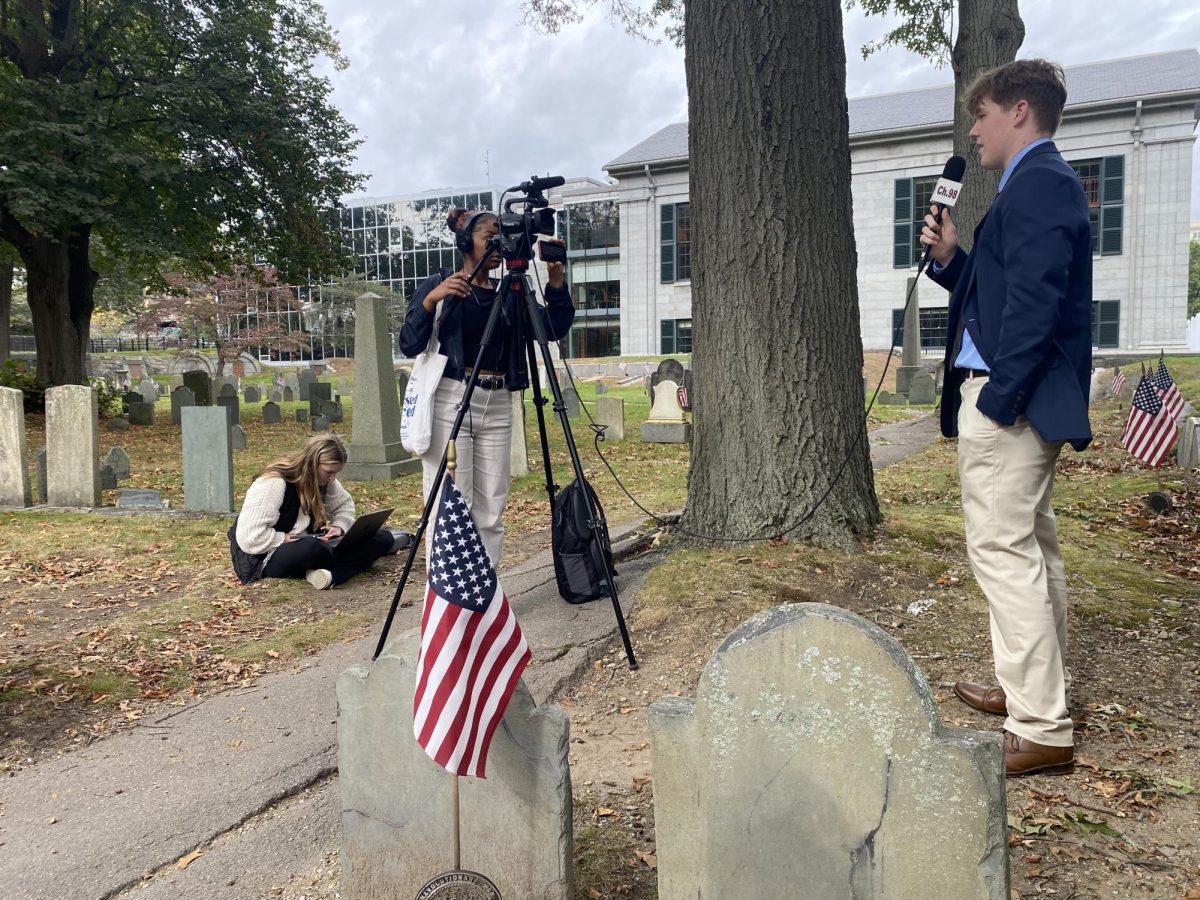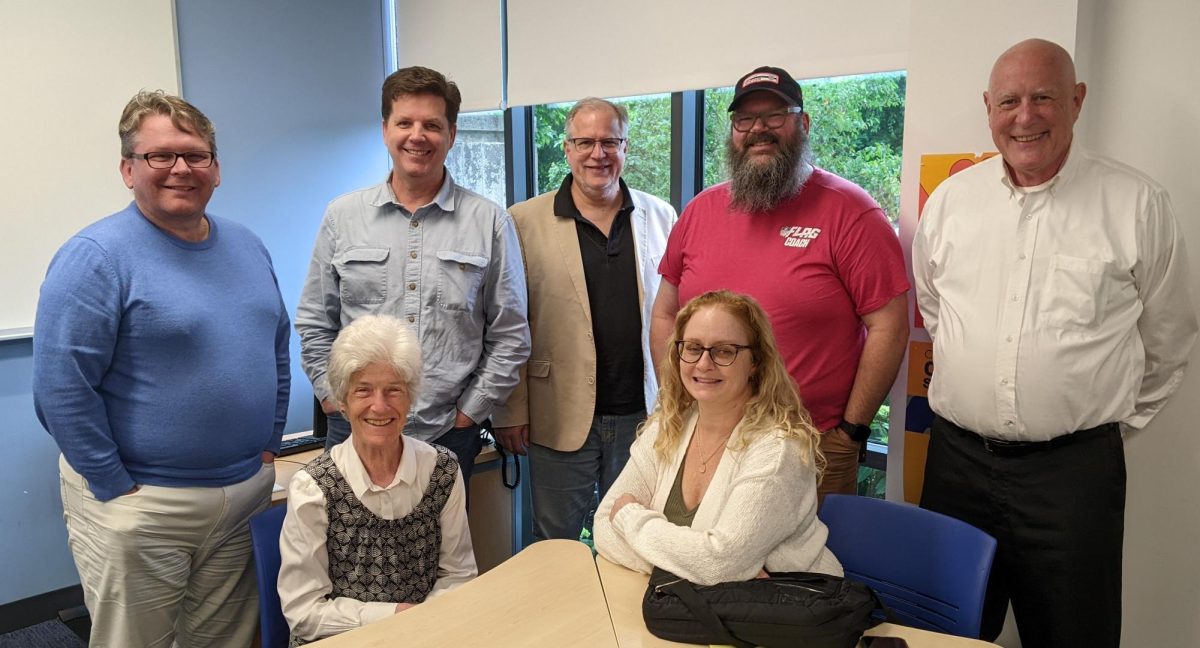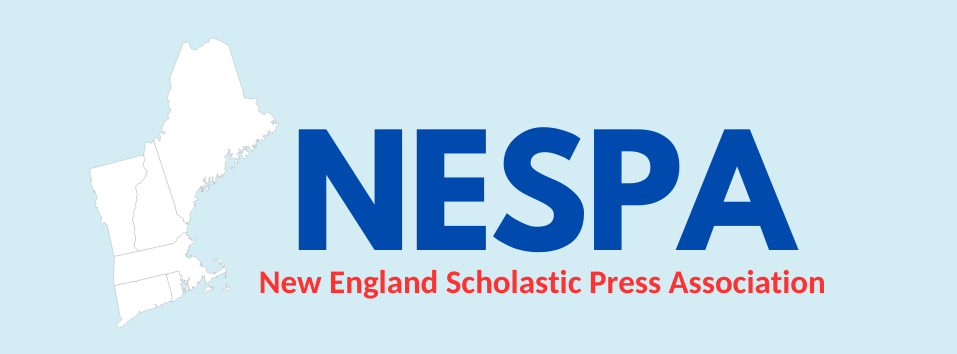The time to end tracking is now
The author’s own experience, plus exposure to the ideas of Dr. Ibram X Kendi, inspired him to reconsider tracking. Photo: commons.wikimedia.org
July 15, 2022
NESPA Winner: Editorial, 2022
The Graphic, Amherst-Pelham Regional High School, Amherst, MA
When I walked into the science classroom where I would serve as a teaching assistant on the first day of my junior year, I stopped in my tracks. Though my high school is predominantly white, the vast majority of those enrolled were students of color.
Our high school tracks students into three groups: College Prep (CP), Honors, and Advanced Placement. Before I agreed to be a CP teaching assistant, I would have said that this system was fair, that it was up to students and their parents to thoughtfully consider which track to pursue.
I also assumed that people were reliably placed according to work ethic and talent. I was sure I attended a school that provided equal opportunities for all students. Throughout the year, my thinking was profoundly challenged.
When I had initially struggled in my honors science class, years before, my teacher pulled me aside, encouraging me to stay with him after school to learn the material. I excelled in his class after receiving the support and ongoing encouragement I needed. In my experience in other honors classes, this was true as well. My teachers all defaulted to a view that the students were hardworking and capable, and reached out to us to help regularly.



